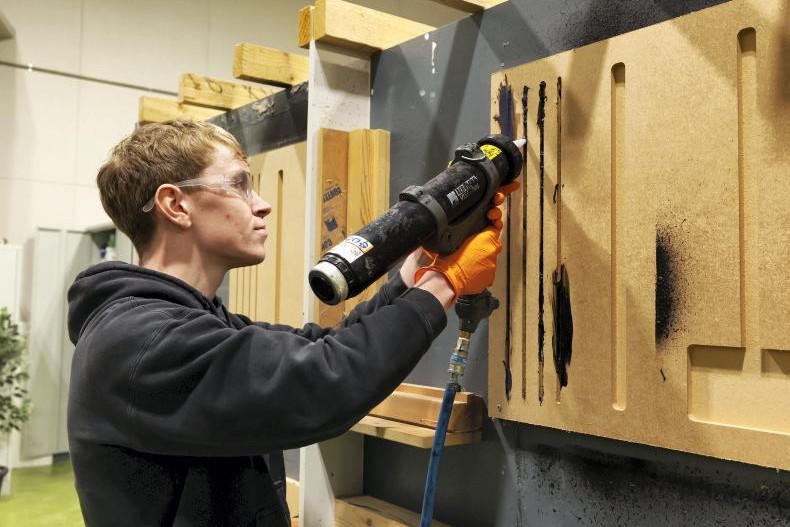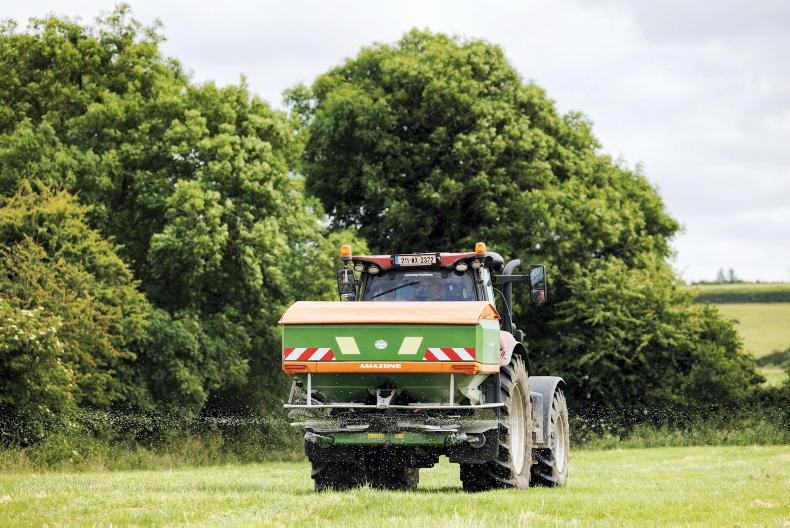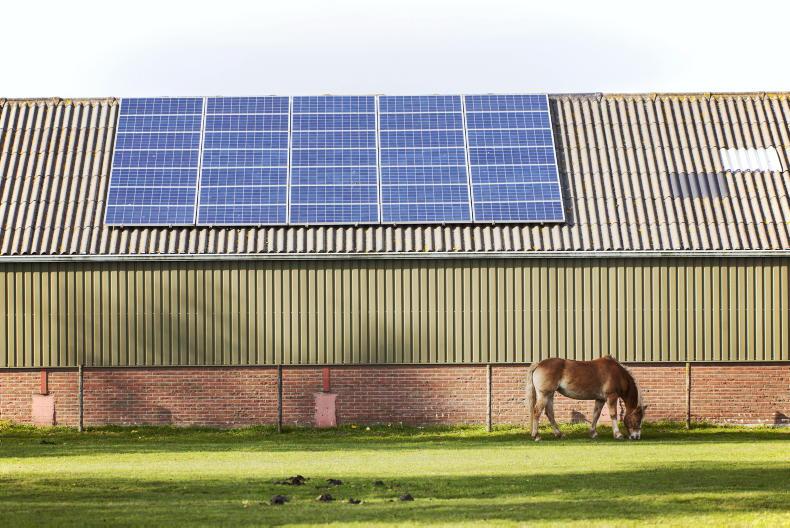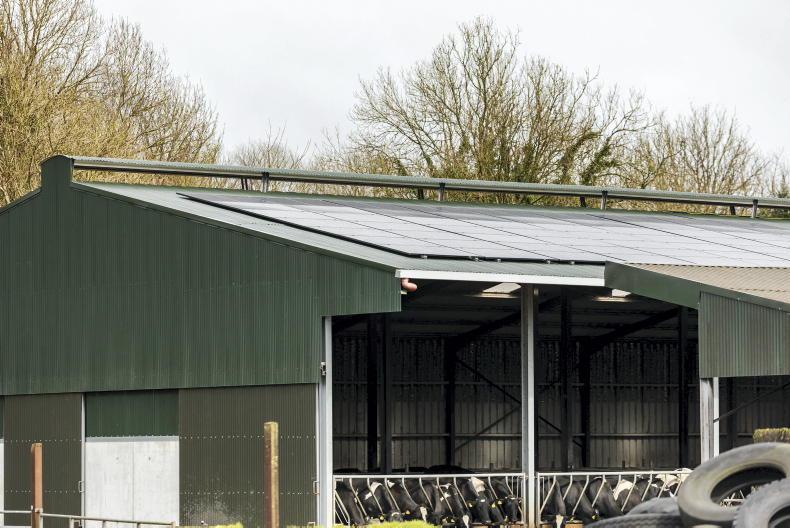Without policy changes, global carbon emissions will resume their inexorable rise when the post COVID-19 recovery gets going, quite possibly as soon as the late summer of 2021 if all goes well.
Even with the "bonus" of the temporary decline due to COVID-19, the recovery would see 2030 emissions around 20% above the 2018 level, while a 25% reduction is needed to get on the trajectory required to keep the eventual rise in global average temperature below 2°C.
For the more ambitious ceiling of a 1.5°C warming, an even sharper cut is indicated.
The scale of adjustment required is enormous – for the 2°C target path, emissions in 2030 need to be 38% lower than what happens if nothing further is done.
By 1990, the scientific consensus had converged on the view that urgent action was required and economists were already warning that delay in discouraging fossil fuel combustion would raise the costs of the unavoidable adjustment.
They recommended an early start, especially through imposing taxes and charges on products and services which embody significant emissions.
Their advice was duly ignored: most of the coal-fired power plants in the world have been constructed since 1990, which will come to be seen by historians a century hence as a quite remarkable aberration.
Gradual adjustment
Thirty years has been wasted, the option of a gradual adjustment was spurned, and the costs of a hasty and incoherent adjustment will be far heavier than they needed to be.
The last coal plant in Ireland was commissioned in 1985, before the alarm was raised and will close shortly but peat-fired plants, whose emissions are even higher than coal, were commissioned inside the last 20 years and must now be closed at great pain to the midlands.
Coal plants are still being constructed or planned, even in Europe.
There was a downward blip after the financial crash of 2008, which induced a worldwide recession.
There was no enduring impact on the upward march of emissions from fossil fuel combustion and, in the absence of fresh policy action, the current COVID-19 blip will also be temporary.
Coal plants are still being constructed or planned, even in Europe
The impression has been created that the new climate bill commits the Irish Government to a vigorous and ambitious policy to reduce Irish emissions.
As everyone knows by now, only co-ordinated global action will address global warming and unco-ordinated actions by small countries make a negligible direct impact.
Their best contribution is through example and each one of the smaller EU members has an opportunity to produce a template policy, a platform for persuasion.
This, the Irish Government has signally failed to do. The climate bill has announced, without accompanying policies, a system of top-down sectoral emission targets with no process for their attainment.
The targets are ambitious and knowledgeable people doubt that they are technically capable of being delivered.
The actual targets by sector have not been revealed and the policy architecture appears to have been chosen without benefit of any economic analysis whatsoever.
There are no costings.
Ambitious targets have been welcomed by people who, on past form, will oppose wind farms and the unavoidable new grid to connect them
Denmark, an EU member about the same size as Ireland, has done better.
The Danish government’s proposals are built around prices, not quantitative targets. They acknowledge that carbon taxes and charges are too low and must rise and they have analysed in detail the possibilities for decarbonising electricity.
The Danes have onshore and offshore wind options, but they also have interconnection with Norway and Sweden and their hydropower capacity.
Hydro stations
Hydro stations are a desirable adjunct to reliance on interruptible wind. The reservoirs act as giant batteries and can step in when the wind does not blow. Where are the Irish batteries to back up the wind targets?
Ambitious targets
Ambitious targets have been welcomed by people who, on past form, will oppose wind farms and the unavoidable new grid to connect them.
They also oppose nuclear power, which could again become a low-carbon option.
Ireland’s decarbonisation debate is just beginning.








SHARING OPTIONS